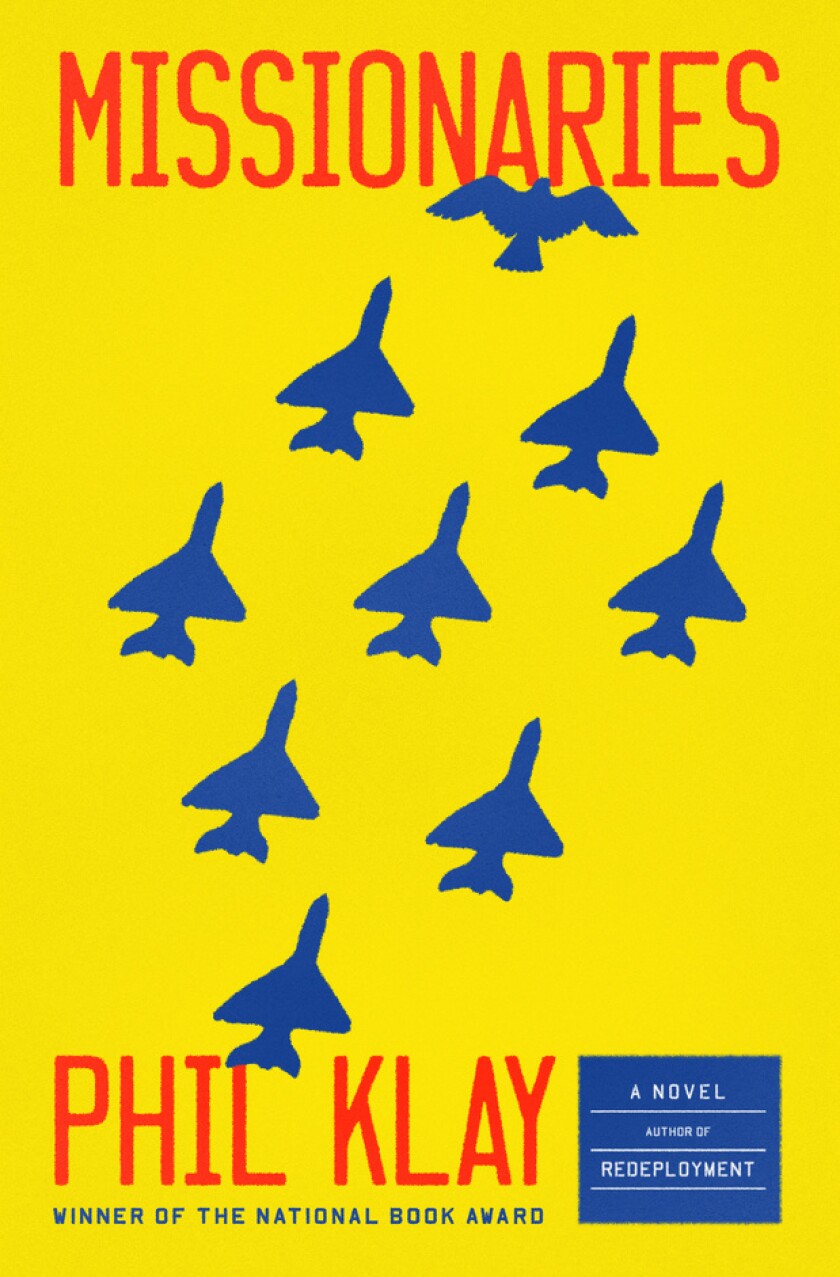Although they came with positive reviews, I could not persist after giving them each about 100 pages.
The Slaugherman's Daughter by Yaniv Iczkovits: Publishers Weekly says, "In Israeli philosopher and novelist Iczkovits’s delightfully expansive tale (after Adam and Sophie), a Jewish woman goes to great lengths to help her older sister in 1894 Russia. Mende and her children have been abandoned by her husband, Zvi-Meir, in the town of Motal. Mende’s younger sister, Fanny, also a wife and mother, travels to Minsk, where Zvi-Meir has gone, to convince him to sign a writ of divorce so Mende can move on with her life. Fanny’s traveling companion is taciturn boatman Zizek Breshov....Ever entertaining, Iczkovits’s lively, transportive picaresque takes readers on a memorable ride." Kirkus concludes, "Iczkovits is a superb talent, and this novel is a resounding success. As witty as it is wise, Iczkovits’ novel is a profoundly moving caper through the Russian empire." The New York Times suggests, "If the Coen brothers ever ventured beyond the United States for their films, they would find ample material in this novel, which offers a familiar mix of dark humor and casual brutality — and an ultimately hopeful search for small comforts and a modicum of justice in an absurd and immoral world."
Missionaries by Phil Klay: Klay won the National Book Award for his previous book Redeployment. NPR offers this summary, "...Missionaries represents a major stylistic shift from Redeployment, in that it is, quite explicitly, a novel of ideas. Through fiction, Klay sets out to introduce readers to the system of counterterrorist warfare the United States military has developed and exported worldwide, from Colombia, where much of the novel takes place, to the Middle East and beyond. Missionaries is a portrait of a gigantic, porous, mutable, and seemingly mission-less war — and, as such, is gigantic and mutable itself, though Klay never loses sight of his goal. As a result, the novel's greatest strength is also its greatest weakness: It tries to be as all-encompassing as its subject." In a lengthy review, the New York Times says, "a novel notable for its empathy and its curiosity (in the shape of voracious research), and for its cleareyed observation of war in the 21st century: this globalized war, carried out all over the world by migrant warriors. They can be interventionists or mercenaries, they can be idealists or cynics, but they fight, administer or narrate these wars with little command over one crucial fact: Violence poisons everything."


No comments:
Post a Comment